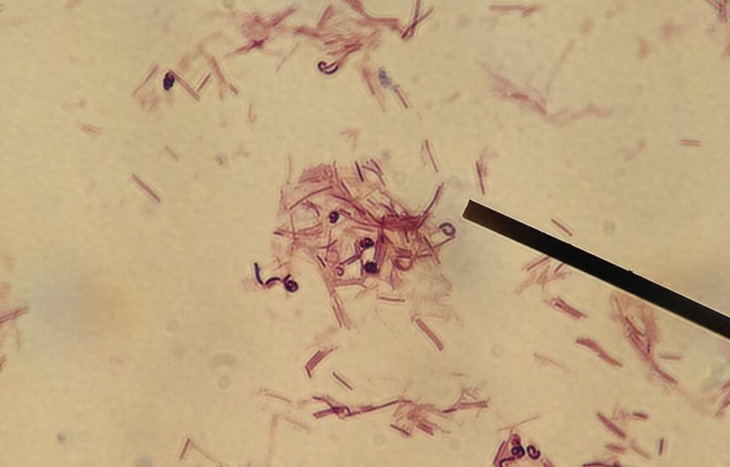
The notion that you are what you eat oversimplifies a complex truth because your identity extends beyond your dietary choices; it encompasses the trillions of microorganisms residing within your gastrointestinal tract and brain.
A recent study aimed at exploring whether probiotics could alleviate symptoms of mild cognitive impairment confirms this intricate relationship, even in the context of cognitive decline associated with aging.
Specifically, individuals experiencing cognitive decline were administered Lactobacillus rhamnosus GG (LGG) for three months, resulting in notable improvements in cognitive scores linked to discernable alterations in their gut microbiome composition.
Mashael Aljumaah, a microbiology doctoral candidate at the University of North Carolina, said,
“The implication of this finding is quite exciting, as it means that modifying the gut microbiome through probiotics could potentially be a strategy to improve cognitive performance, particularly in individuals with mild cognitive impairment.”
“This adds a new layer to our understanding of the microbiome brain-gut connection and opens up new avenues for combating cognitive decline associated with aging,” he added.
The gut, with its wide array of microbes, encompassing bacteria, viruses, and various organisms, functions as both the body’s largest immune center and an endocrine organ. This incredible dual role means that the gut plays a pivotal role in activating and regulating immune system responses while also producing more hormones than any other organ.
Given the gut’s involvement in digestion, nutrient absorption, and its impact on microbial diversity, it should come as no surprise that the composition of microbial species in the gut can have a major influence over many aspects of our biology. In fact, it even extends to the cognitive centers of the brain.
The study was double-blinded, which meant that neither the patients nor the researchers were aware of who received the placebo and who received LGG. Over the course of three months, participants aged between 52 and 75, afflicted mild cognitive impairment, witnessed improvements in their neurological markers, correlating with a reduction in the prevalence of a microbiota genus known as Prevotella.
“By identifying specific shifts in the gut microbiome associated with mild cognitive impairment, we’re exploring a new frontier in preventive strategies in cognitive health,” said Aljumaah. “If these findings are replicated in future studies, it suggests the feasibility of using gut microbiome-targeted strategies as a novel approach to support cognitive health.”
Researchers are now working harder to better understand the precise mechanisms through which microbes like Prevotella impact gut health, subsequently enhancing brain well-being.
This involves an exploration of how certain molecules produced by these bacteria influence the functionality of neuroprotective hormones capable of crossing the blood-brain barrier.
It’s essential to note that commercial probiotics typically contain a multitude of species, and while this study utilized a single species, its results were linked to a reduction in a specific genus – something that might not be universally present in all gut microbiomes.
Nonetheless, this discovery represents a significant stride in the ongoing exploration of gut health and its profound implications for overall wellness.



